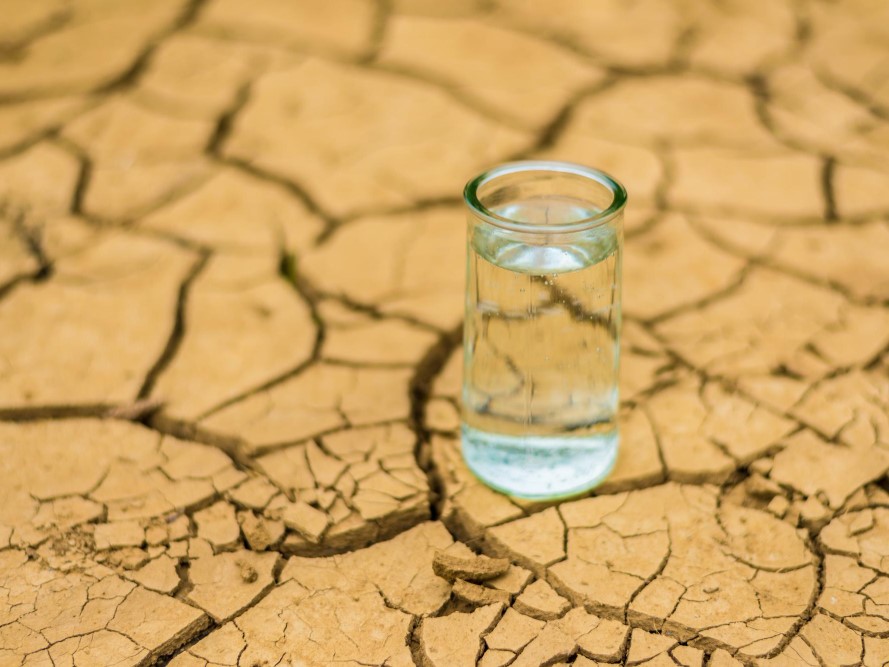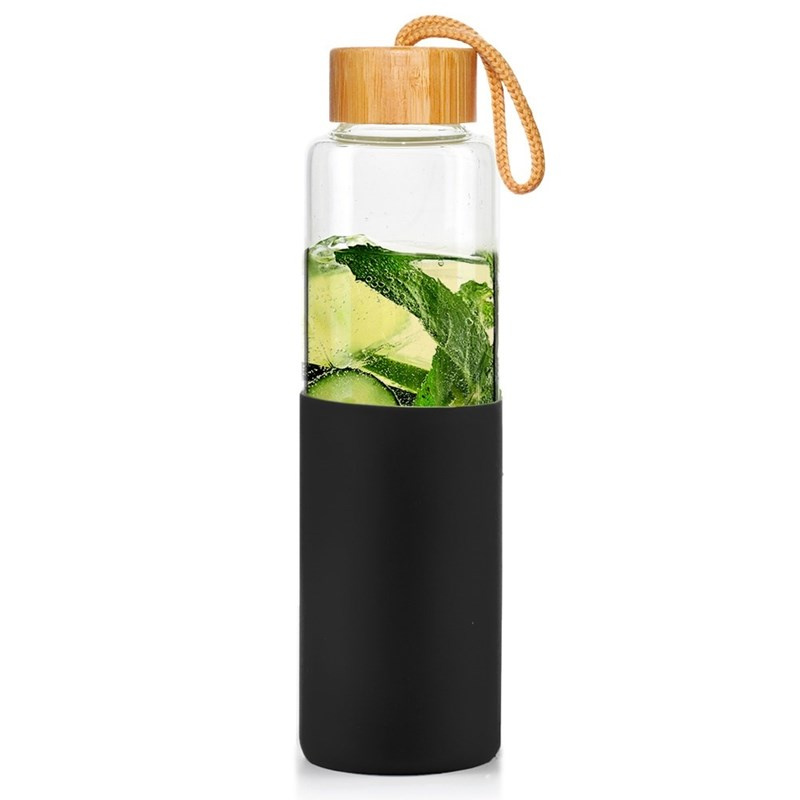Signs of Dehydration - What to Look Out For and How to Prevent It

Dehydration is a condition in which the body loses more water than it takes in. It is a problem that can lead to serious health consequences, especially on hot days, during intense physical exertion, or during illness. Understanding the symptoms of dehydration and how to prevent it is key to maintaining health.
Symptoms of Dehydration
1. Dry Mouth and Thirst
The most obvious symptom of dehydration is a dry mouth and strong thirst. This is the first signal that the body needs more fluids.
2. Decreased Urine Output
Dark yellow urine can be a sign that the body is dehydrated. A healthy person should urinate regularly, and the color should be light or straw-colored.
3. Dry and Cool Skin
Dehydrated skin can become dry, cool, and less elastic. In extreme cases, redness may also appear.
4. Dizziness and Headache
A lack of fluids in the body can lead to a drop in blood pressure, manifesting as dizziness and headache. This is particularly dangerous as it can lead to falls and injuries.
5. Fatigue and Weakness
A lack of adequate water can cause general body weakness, feelings of fatigue, and lack of energy.
6. Concentration Problems
Dehydration affects brain function, which can manifest as difficulty concentrating, remembering, and performing daily tasks.
How to Prevent Dehydration?
1. Regularly Drink Water
The simplest way to avoid dehydration is to drink water regularly. It is recommended to consume at least 8 glasses of water a day, although this amount should be increased in the case of physical exertion or high temperature.
2. Eat Fruits and Vegetables
Fruits and vegetables such as cucumbers, tomatoes, watermelon, and oranges are rich in water and can help maintain proper hydration.
3. Avoid Dehydrating Drinks
Beverages containing caffeine, such as coffee or energy drinks, and alcohol can have a dehydrating effect. It is worth limiting them, especially on hot days.
4. Maintain a Proper Diet
A diet rich in electrolytes, such as sodium, potassium, and magnesium, helps maintain the body's water-electrolyte balance.
5. Wear Appropriate Clothing
On warm days, it is worth wearing light, breathable clothing that does not retain heat and allows the skin to breathe.
Dehydration is a condition that can be easily avoided by following the above recommendations. Let's take care of proper hydration to enjoy good health and well-being every day.
Recommended

Dispenser with Tap Glass 6.5 l

Sparkling Water Maker Red AQUADREAM

Dispenser with Tap Glass 8.8 l

Water Bottle Glass 1.1 l

Sparkling Water Maker Black AQUADREAM

Water Bottle Glass 600 ml

Water Bottle for Carbonator Black AQUADREAM 1.1 l

Water Bottle Glass with Strainer 450 ml

Sparkling Water Maker Black with CO2 Cylinder AQUADREAM

Sparkling Water Maker White with CO2 Cylinder AQUADREAM

Sparkling Water Maker Red with CO2 Cylinder AQUADREAM

Sparkling Water Maker White with CO2 Cylinder AQUADREAM

Thermos Bottle Steel Blue Vacuum 580 ml

Dispenser with Tap Glass 6.7 l

Dispenser with Tap Glass 5.4 l

Dispenser with Tap and Stand Black 5.5 l

Dispenser with Tap Glass 8 l

Dispenser with Tap Glass for Refrigerator 3.5 l



